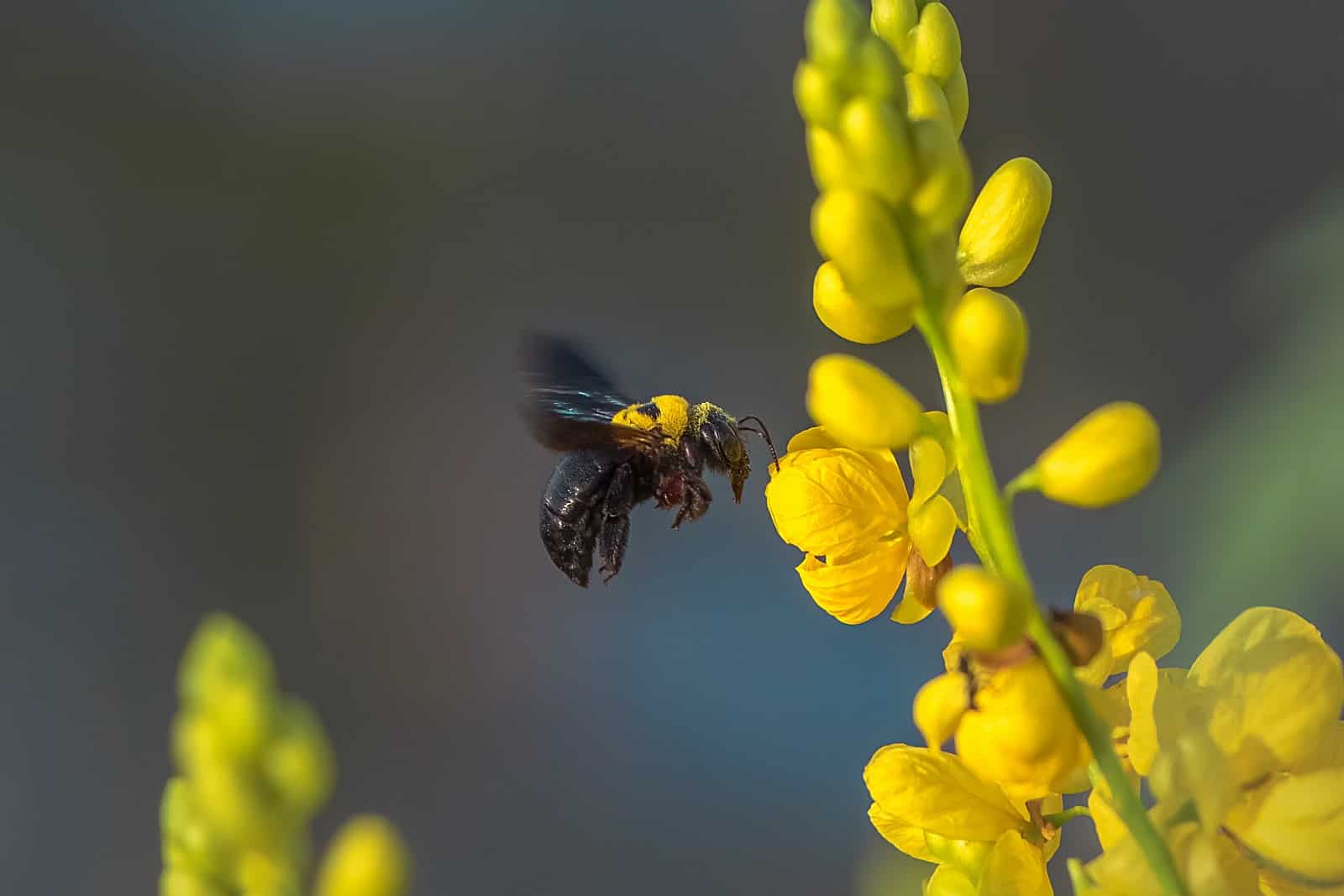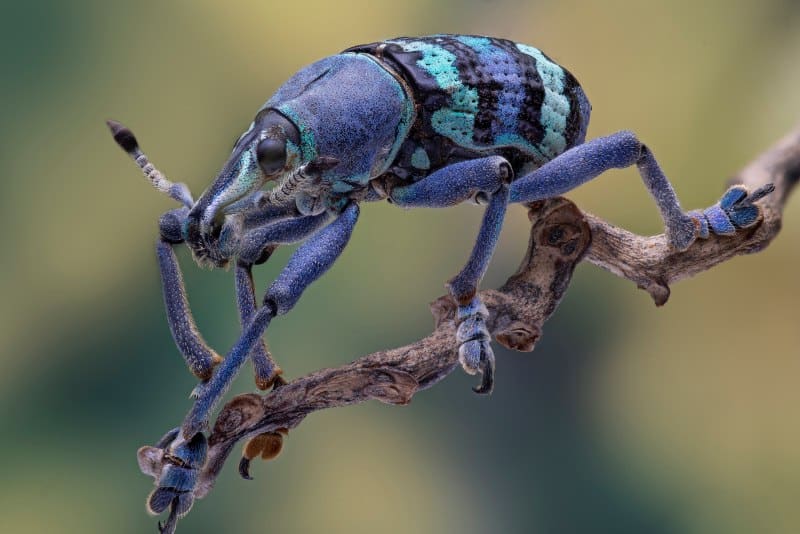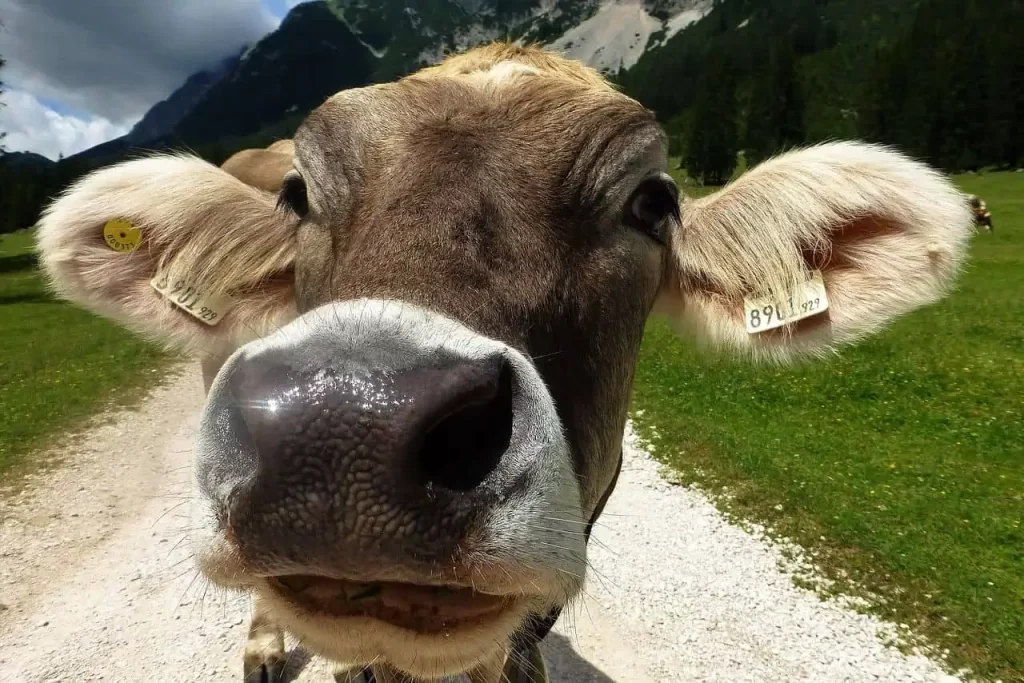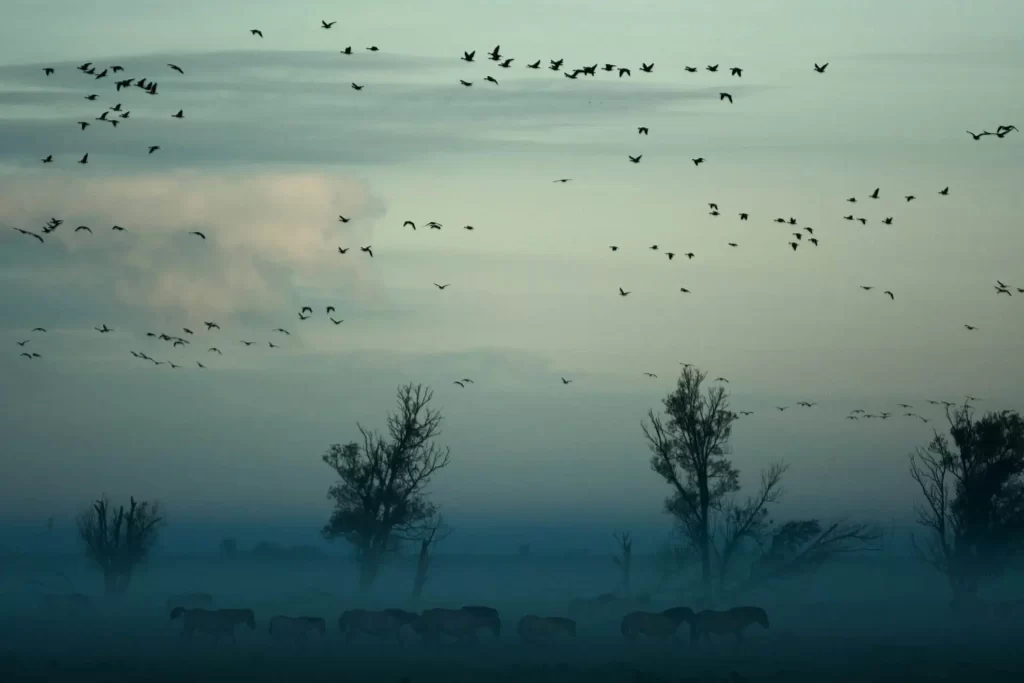Share:
Climate change and collapse of global insect populations

Many of us have grown up in a world of insect abundance — in which myriad flying insects clouded around artificial lights at night, or were smashed by moving vehicles.
In a new article, a scientists warn about the ongoing collapse of global insect populations.
Published in Ecological Monographs, the article delves into potential explanations for the decline of insects, including as habitat loss and fragmentation, lethal new pesticides, climate change and extreme weather events, destructive wildfires, among others.
The article also assesses the ecological impacts of insect declines – for instance, on the many species of plants that require insects for pollination, or the diversity of animals that feeds on insects.
Climate change is one of the most important anthropogenic pressures on the environment. The accompanying effects could be very negative, especially in terms of threats to the survival of species and a variety of ecological services that biodiversity provides.

Insects, which are essential parts of many ecosystems, are a group of species most impacted by climate change, with effects ranging from individuals, populations and species to entire insect communities. The researchers discuss the impact of the progressive rise in global surface temperature on insects in terms of physiology, behavior, phenology, distribution, and species relationships in a special scientists’ warning series.
The scientists caution that if steps are not taken to better understand and mitigate the impact of climate change on insects, we will significantly diminish our capacity to create a sustainable future based on healthy, functional ecosystems.
The article examines viewpoints on pertinent approaches to protecting insects from climate change and provide various important recommendations on management practices that might be applied, regulations that should be pursued, and the involvement of the public and restoration and conservation efforts.
Source: Ecological Monographs
Photo credits: Kiran Rawal, Luciano Andres Richino






